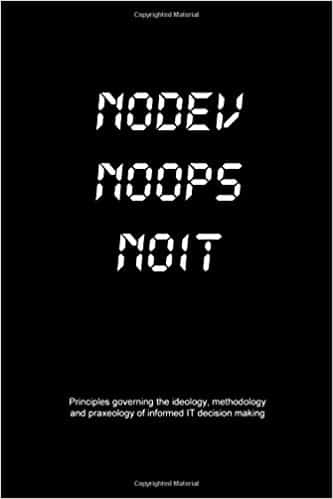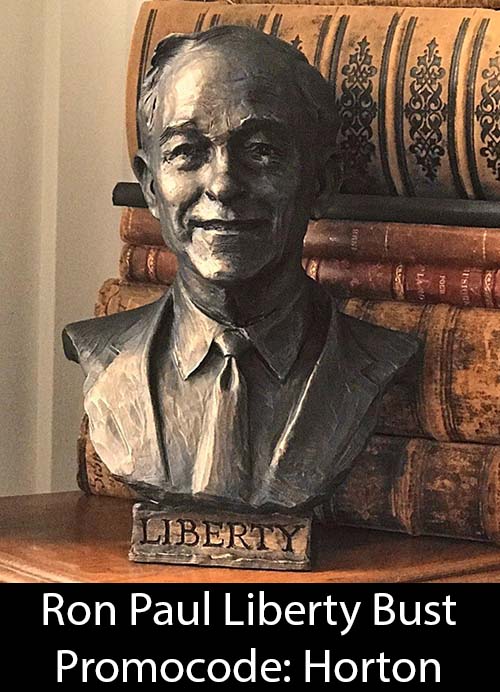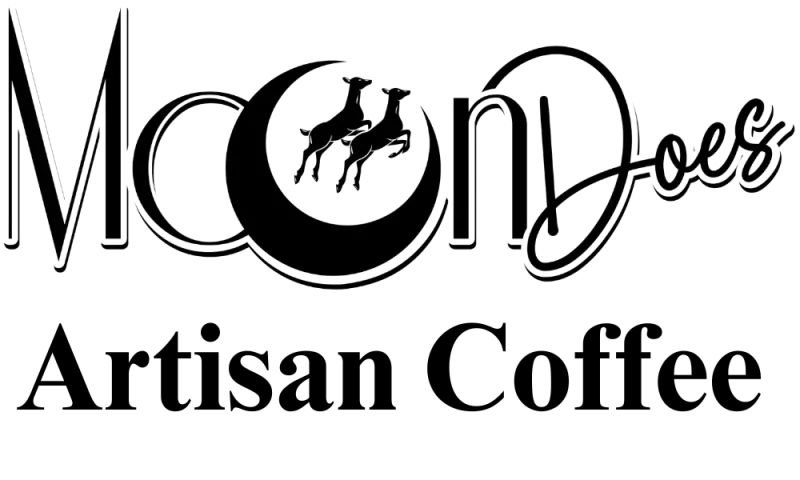Although I have some sympathy for some left-anarchists and see many as potential allies, I tend to agree with Bill Anderson and Lew Rockwell on Chomsky. Thanks to Michael Erwin for bringing to my attention this good article from a few years back critiquing Chomsky from an anarcho-socialist, or anarcho-anti-capitalist perspective, “Chomsky’s Statism: An anarchism for the next millenium?” Here’s a good key excerpt:
Government is a package. The welfare state is also the warfare state, and, while Chomsky criticizes the federal government’s support of prisons and corporations, he thinks government can protect people from prisons and corporations. He says that people can participate in government, but complains that it is not under popular influence. Government is force and should be done away with. People can act for themselves and take care of themselves. That is the anarchist attitude to the state, and Chomsky rejects it.
In fact, he is troubled that people might hate or fear the government. He admits that the state steals from poor people to subsidize wealthy people, but he thinks discussions about whether the government can be trusted to care for poor people are irrelevant. He dismisses as far-right the rejection of public schools. He feels that when people feel disillusioned about power, they turn to “irrational” alternatives. He arrogantly states that those who think there is a contradiction in supporting centralized state power even though one opposes it “just aren’t thinking very clearly.”
And here’s the great conclusion:
Unlike Chomsky, many rightly see that government schools educate badly, government welfare does not serve poor people well, and government action is largely against the interests of regular people. He is right that private corporations are not in the business of being humanitarian, but neither is the state. Instead of criticizing and fearing this anti-government feeling, we should encourage it and seek to extend it to all areas of government, including the military, police, and taxes.
Private corporate power exists only because it is protected by the state. Government reduces competition and limits entry into the market place with various licensing and regulatory schemes, and grants monopolies and subsidies to favored businesses. Chomsky himself concedes that corporations would not be successful if forced to submit to market discipline, and that markets are under attack. But in addition to actively promoting concentration of private corporate power, the government prevents people from defending their own interests in disputes with corporations with its police powers and laws that disarm working people. Such disempowerment of people makes them unable to resist the power of public institutions as well, allowing the state to tax, regulate, and imprison people at its whim. Abolishing state power is a more effective and libertarian method of limiting private and public tyranny than is increasing the scope of the federal government. Only anarchist means have any hope of producing anarchist ends.















